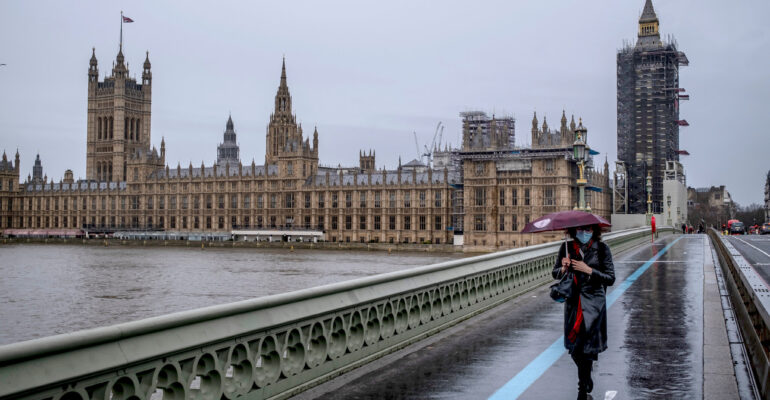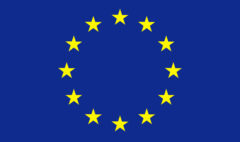UK on The Brink of a Recession; Weakest Economic Growth Projected
June 23, 2022 2022-06-23 20:44UK on The Brink of a Recession; Weakest Economic Growth Projected
UK on The Brink of a Recession; Weakest Economic Growth Projected
EUROPE ─ Like the United States (US), the United Kingdom (UK) has followed through with the implementation of an aggressive tightening monetary policy. Forsooth, as close allies and economic partners, the Bank of England ─ the UK’s Central Bank- has mirrored the US Federal Reserve’s economic model and general approach to solving its problematic inflation situation. Unfortunately, however, the approach is proving to be insufficient.
UK on the Brink of a Technical Recession
The Organization for Economic Co-operation and Development (OECD), a Paris-based intergovernmental organization wherein its main objective is to promote world trade and stimulate economic progress, stated in its recent economic outlook that the recent rises in business taxes and personal income in the UK would become a contractionary factor and significantly contribute to the continued slowdown of the UK’s economy.
Furthermore, OECD also forecasts that UK’s economic growth will flatline near zero at a mear 0.6% growth next year. Meanwhile, amidst the deteriorating economic landscape, its Gross Domestic Product (GDP) is downgraded to 3.5%, a possible decline of more than half compared to last year’s recorded GDP growth of 7.5%. Lastly, its GDP is forecasted to continue the sluggish growth in 2023 because of the “depressed demand,” the ongoing global supply chain constraints, and the energy shortage due to the ongoing Ukraine-Russian War.
Supporting this grim outlook, the British Chamber of Commerce (BCC) made an unprecedented forecast that UK’s economy will “grind to a halt this year before dipping briefly into negative territory.”
In terms of inflation, both OECD and BCC forecast inflation could peak at more than 10% at the end of the year ─ a much higher consensus than in the US. In addition, if the inflation rate indeed closes above 10% at year-end, it would be within the technical definition of “galloping” inflation. Currently, the latest Consumer Price Index (CPI) inflation data by the Bank of England reveals a 40-year high of 9% in the year’s second quarter.
Moving forward, despite the continued interest rate hike by the Bank of England, OECD predicts that inflation will remain high and close at around 7.4% at the end of next year, 2023. This could stretch households’ income beyond what the United Kingdom had seen in about 50 years when its economy and currency plunged in the 1970s.
Lastly, OECD added that households could be forced to “take on debt to keep up with the rising cost of living” and “businesses will cut investment in the face of higher borrowing costs.” In addition, the organization also warned that “A prolonged period of acute supply and labor shortages could force firms into a more permanent reduction in their operating capacity or [worse], push up wage inflation further.”
Outside Factors Pulling Down UK’s Economy
Covering the outside factors, OECD states, “Spillovers from economic sanctions and higher than expected energy prices as the Ukraine war drags on, and a deterioration in the public health situation due to new COVID strains are significant downside risks.”
OECD warned that a complete boycott of Russian gas by Eurozone nations, including the UK, would hit European countries HARD and “could potentially leave many [European] countries close to, or in, recession in 2023.”
Lastly, for BCC – the Chamber believes that “the war in Ukraine came just as the UK was beginning a COVID recovery, placing a further squeeze on business profitability.” Thus, considering the outside factors mentioned above and the weak business landscape domestically set up a perfect storm to tip the economy into a recession.











